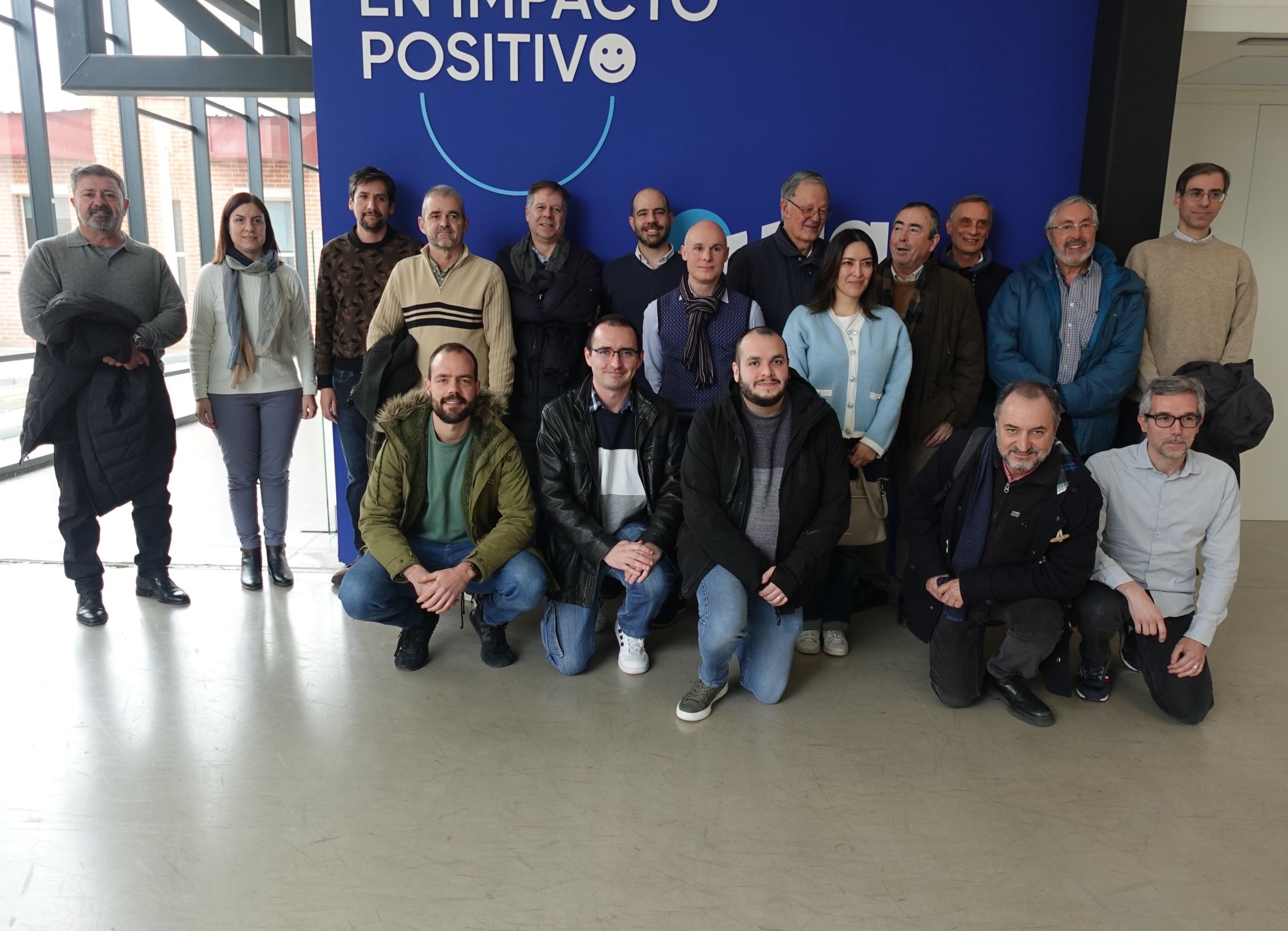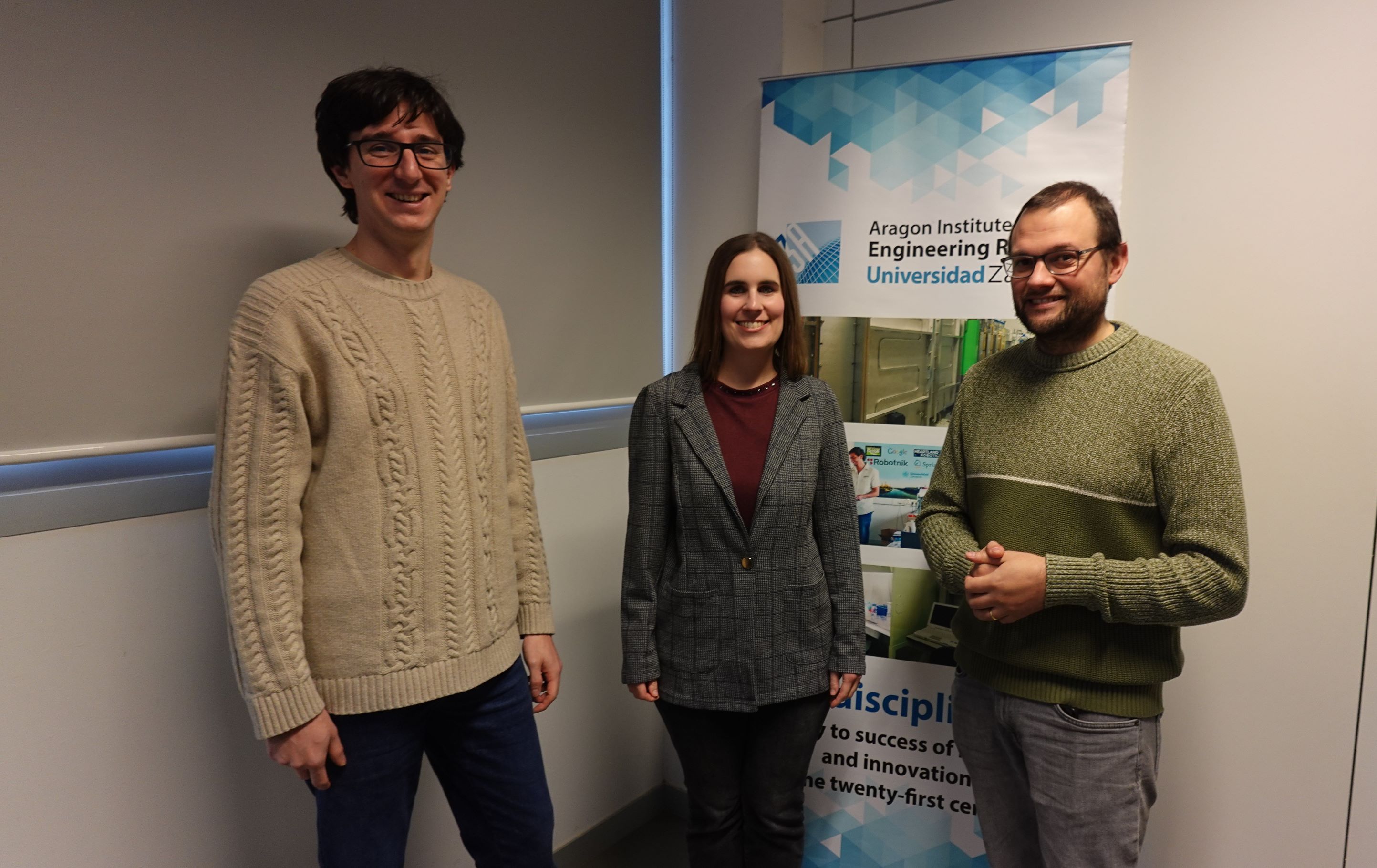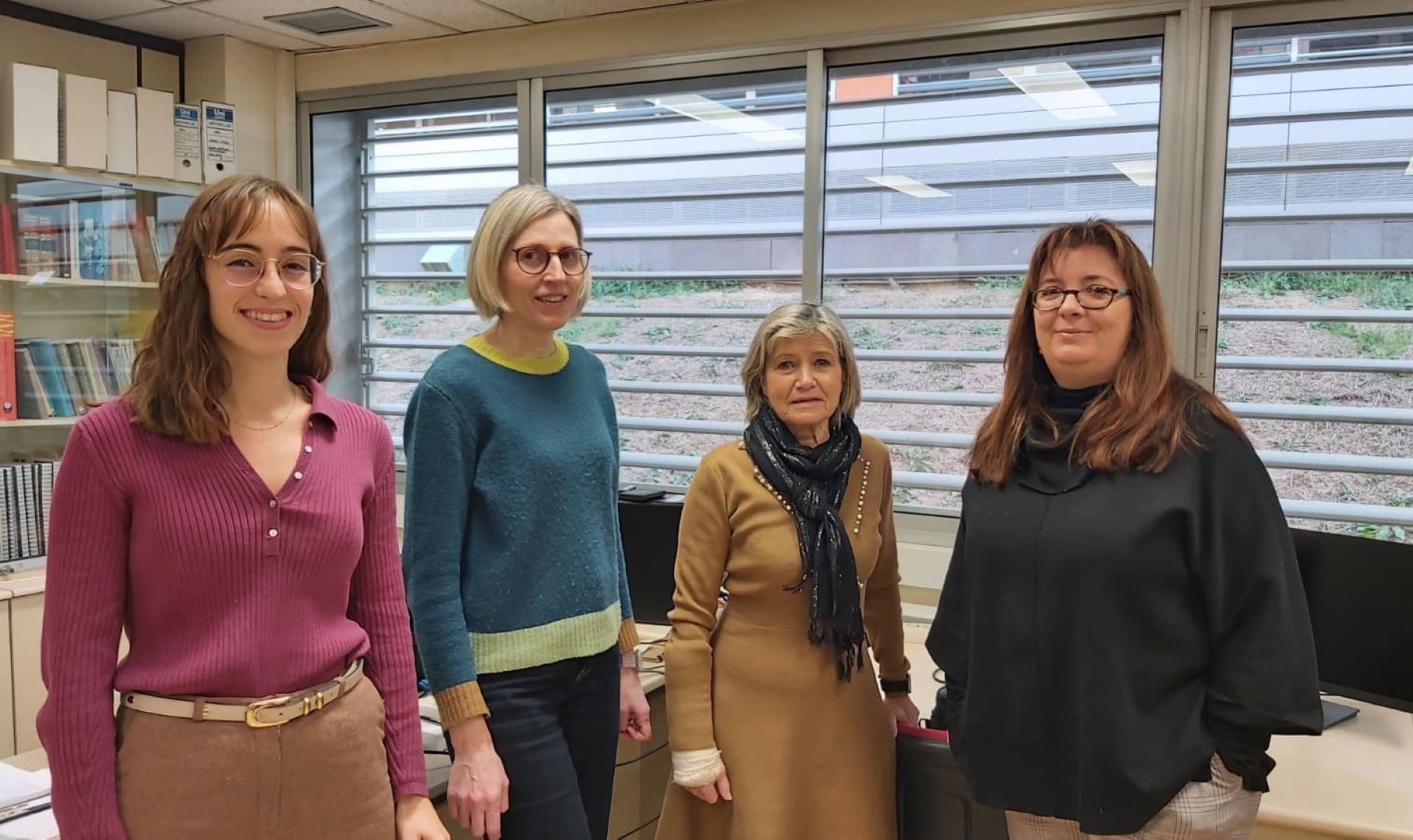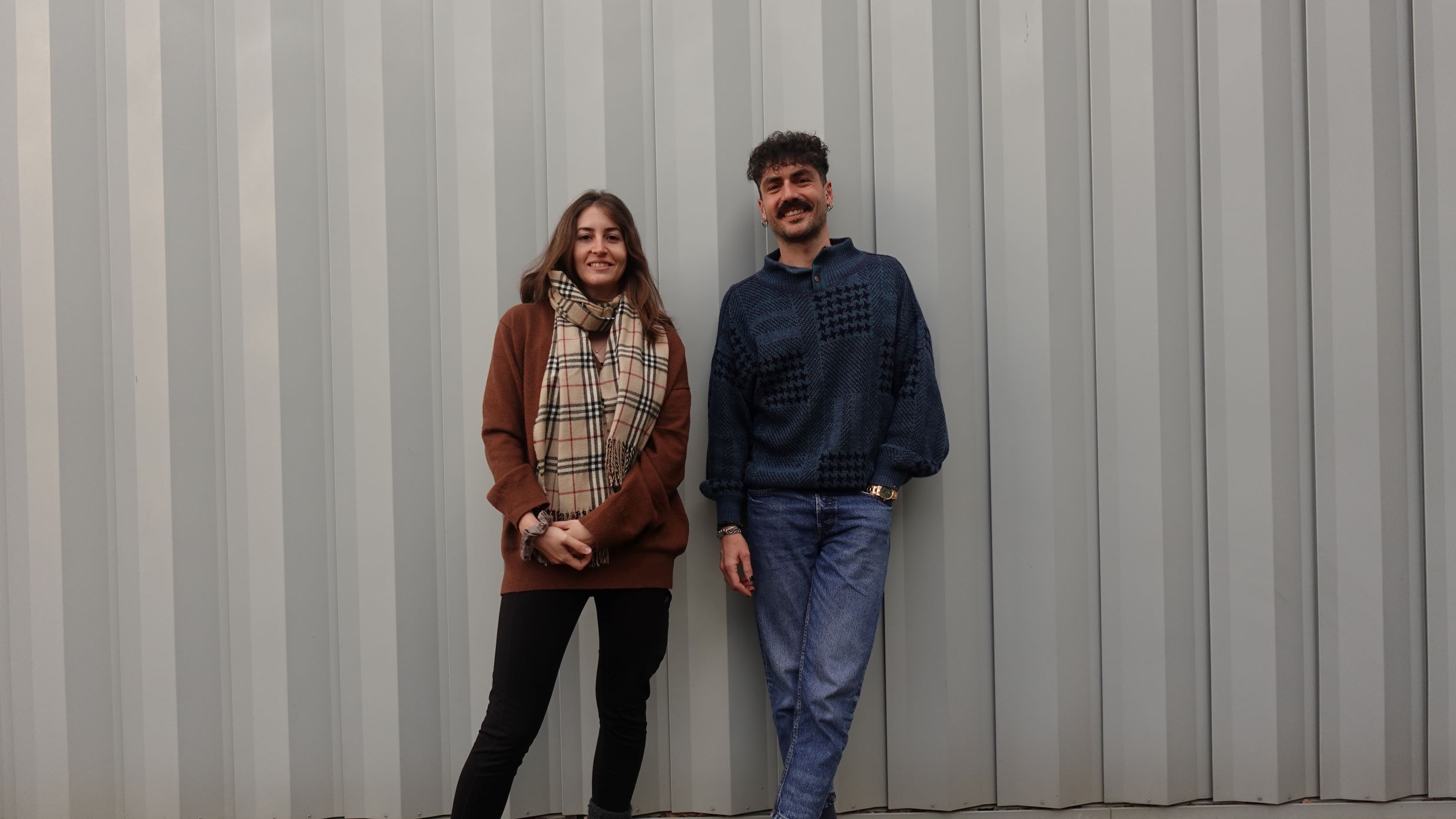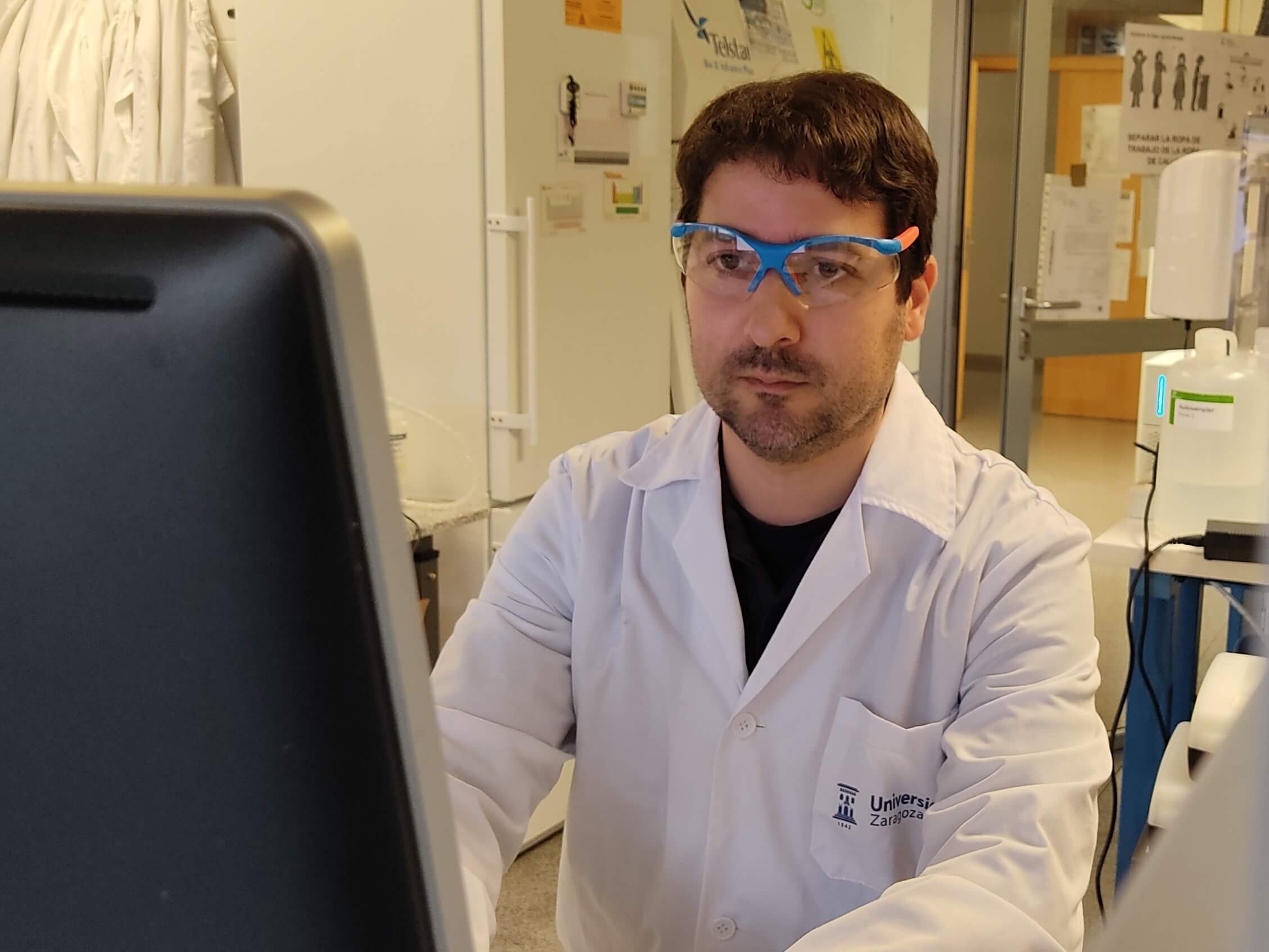
Eduardo Bolea Fernández, researcher at the Engineering Research Institute of Aragon (I3A) of the University of Zaragoza, has received the "Emerging Leader in Atomic Spectroscopy" award from the international journal Spectroscopy, which recognises his career and achievements as a young researcher for his contributions to the field of analytical chemistry and the application of his studies in the field of nanotechnology and the determination of metals in cells and tissues in the context of new therapies for the treatment of cancer.
Atomic spectroscopy is a discipline within analytical chemistry that pursues the development of methods and techniques to establish the elemental composition of samples of interest.
Eduardo Bolea Fernández studied Chemistry at the University of Zaragoza and did his doctoral thesis at the University of Ghent. He spent 10 years in Belgium, where he worked on the development of new methods for elemental and isotopic analysis using inductively coupled plasma mass spectrometry (ICP-MS). Thanks to the Ramón y Cajal programme, he returned to Zaragoza and is now part of the MARTE research group (Rapid Methods of Analysis with Spectroscopic Techniques) at the I3A Unizar.
"The ability to extract the maximum amount of information from smaller and smaller amounts of samples seems very interesting to me," says Bolea Fernández. "Perhaps the greatest exponent of this methodology is the analysis of nanoparticles, microparticles and individual cells.
In this sense, the methods originally developed to characterise nanoparticles and analyse individual cells have allowed him, after adaptation, to achieve for the first time relevant advances in the characterisation of microplastics with the ICP-MS technique. Part of his most recent research is related to the detection of nanoparticles administered to solid tumours.
In another of its fields of action, it addresses environmental and health concerns related to mercury pollution.
As the scientific journal Spectroscopy explains, Eduardo Bolea Fernández's research "presents a promising trajectory for future research in a variety of fields". His work "serves as a cornerstone that has the potential to revolutionise the development of targeted therapies or environmental remediation techniques through new analytical methodologies".
Bolea Fernández is currently co-principal investigator of the NanoLyme project, which aims to develop a robust method for diagnosing Lyme disease using nanotechnology, atomic spectrometry and artificial intelligence. It is 65% co-funded by the European Union through the Interreg VI-A Spain-France-Andorra Programme (POCTEFA 2021-2027).
On his "Emerging Leader" award, he notes that his inspiration has often "been fuelled by the passion for my work shown by great scientists and excellent people with whom I have had the privilege of working closely throughout my career, and in the same way, I try to inspire others," says Bolea Fernández.
